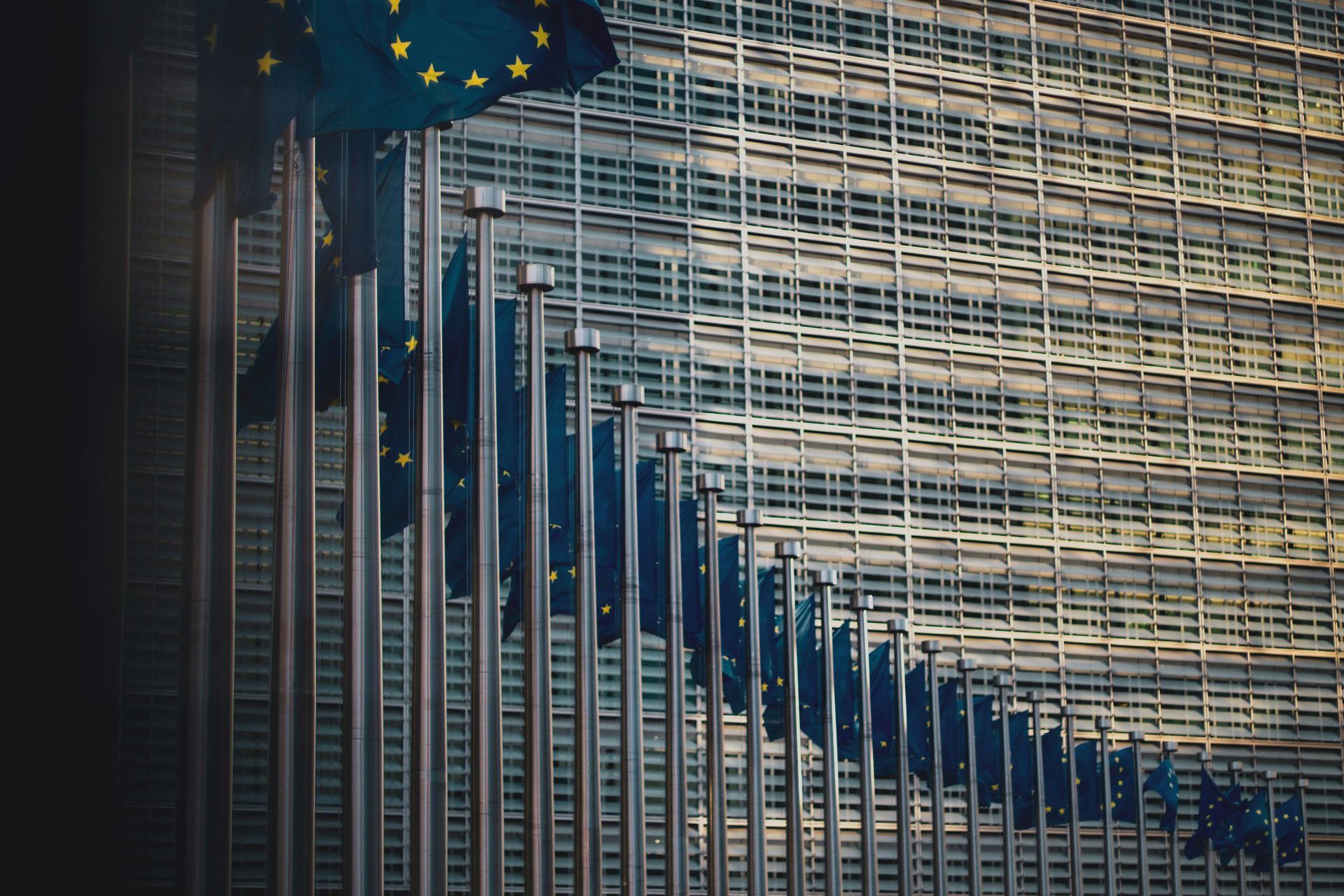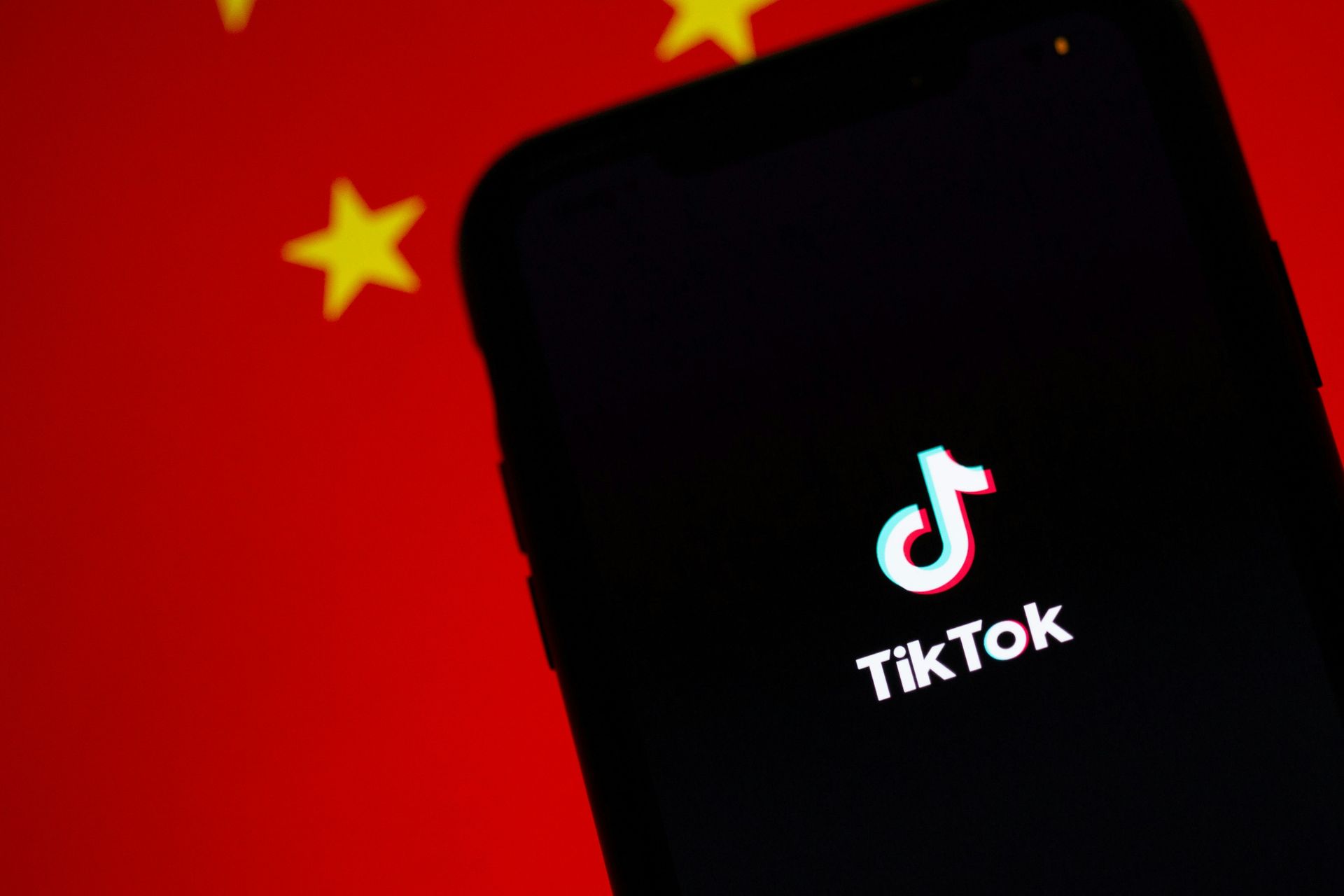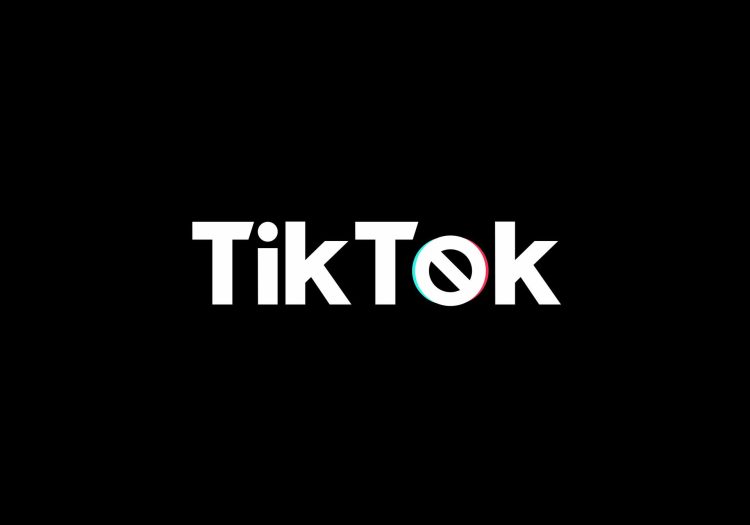The European Union (EU) has recently announced a formal investigation into the short-form video giant TikTok, owned by the Chinese company ByteDance. The probe centers around potential breaches of online content regulations, specifically those safeguarding children and transparent advertising practices. This move escalates already intense regulatory scrutiny faced by TikTok, casting a spotlight on issues surrounding data privacy, the platform’s potential impact on users, and concerns regarding possible influence by the Chinese government.
The EU’s investigation comes as numerous countries worldwide implement measures aimed at addressing child safety risks on social media platforms and increasing accountability for internet service providers. Regulatory anxieties concerning TikTok extend beyond Europe; investigations, restrictions, or outright bans against the platform have been initiated in nations including the United States and India.

The key concerns behind TikTok’s investigation
EU industry chief Thierry Breton initiated the investigation following a review of TikTok’s risk assessment report and responses to EU inquiries. The focus is on several critical areas:
- Protecting minors: The EU probe will examine TikTok’s safeguards against potentially addictive design features, ‘rabbit hole’ effects leading to harmful content, and its age verification processes to keep children under 13 off the platform
- Advertising transparency: The investigation will determine if TikTok complies with EU regulations by clearly identifying all forms of advertising and sponsored content presented to users
- Compliance with the Digital Services Act (DSA): The EU is strictly enforcing the DSA, which compels large online platforms to proactively remove illegal content and mitigate societal risks. Non-compliance can result in hefty fines
EU industry chief Thierry Breton has announced this decision on X with the following post:
Today we open an investigation into #TikTok over suspected breach of transparency & obligations to protect minors:
📱Addictive design & screen time limits
🕳️ Rabbit hole effect
🔞 Age verification
🔐 Default privacy settings
Enforcing #DSA for safer Internet for youngsters pic.twitter.com/4d2F0FQUHw
— Thierry Breton (@ThierryBreton) February 19, 2024
Potential consequences for TikTok are harsh
The consequences of the EU investigation into TikTok could be severe. Should the probe uncover breaches of EU regulations, TikTok may face substantial fines reaching up to 6% of its global annual revenue. This monetary penalty alone would be a major blow to the company.
However, the investigation could carry even more severe repercussions. In a worst-case scenario, the EU might impose operational restrictions on TikTok within member states, essentially limiting its services.
In the most extreme outcome, the platform could face a complete ban across the European Union just like how TikTok was previously banned in several countries.

The response
The social media giant maintains that it is committed to protecting young users and emphasizes its ongoing efforts to comply with regulations. A spokesperson highlighted their pioneering of safety features and age restrictions, emphasizing these as industry-wide challenges.
The EU probe amplifies the ongoing scrutiny TikTok faces in multiple countries. Concerns around national security risks, potential Chinese government influence, and potential harm to young users fuel global investigations and restrictions.
What does the Digital Services Act (DSA) protect?
The Digital Services Act (DSA) focuses on enhancing protections across several domains of the online world.
Firstly, it targets illegal content and products, mandating that platforms swiftly remove items like hate speech, terrorist propaganda, child sexual abuse materials, and counterfeit or dangerous goods. The DSA emphasizes user safety, calling for platforms to explain their content moderation decisions and how their algorithms make recommendations.
Additionally, the DSA protects fundamental rights like freedom of expression online, establishing safeguards against unjustified account suspensions or arbitrary content removals. To counterbalance the power of giant tech companies, the DSA promotes fairer competition, creating opportunities for smaller businesses and startups within the online market.
Finally, it strengthens accountability, calling for online platforms and search engines to provide clear explanations of takedown decisions, recommendations, and advertising choices.





